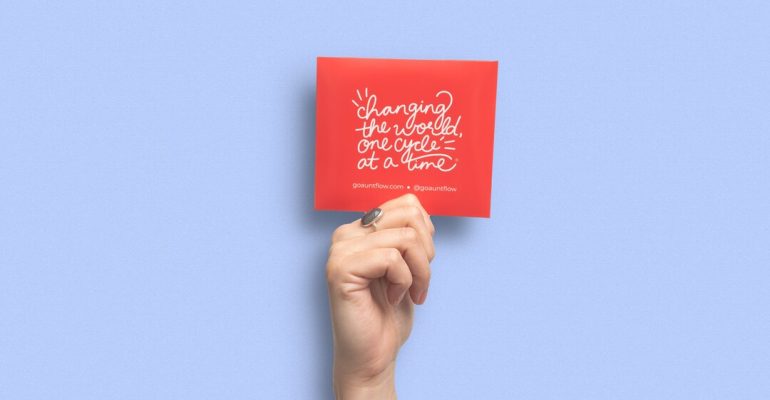Spotlight on Period Poverty – Nigeria & Globally

Spotlight on Period Poverty – Nigeria & Globally
As a UN Women UK delegate, I am learning a lot as I attend the presentation on “Spotlight on period poverty: The Nigerian experience”. I am reeling from the incredible amount of knowledge that was shared during the session.
The speakers highlighted the challenges faced by women and girls in Nigeria & ALL OVER THE WORLD when it comes to fair and equal access to education; and progressing within other male-dominated environments. Lack of access to affordable menstrual products, inadequate sanitation facilities and cultural stigma are just some of the factors that contribute to period poverty in the country.
I am amazed by the innovative solutions that the speakers’ organisations (including Tabitha Cumi Foundation, United Purpose Nigeria, UNICEF Nigeria & Federal Ministry of Women Affairs Nigeria) offer and propose to tackle this issue, including education, reduction of tax on menstrual products, pad banks, the production of affordable, locally-made, reusable & hygienic menstrual pads in schools. These initiatives not only provide women and girls with the tools they need to manage their periods with dignity, but also empower them to take charge of their reproductive health.
As someone who is passionate about gender equality and women’s rights, these presentations are a wake-up call for me. They underscore the fact that period poverty is a global issue that affects millions of women and girls, and that we need to work together to find sustainable solutions.
I am grateful for the opportunity to have learned so much from these presentations and look forward to using this knowledge to inform my work with UN Women UK and beyond. I urge everyone to join us in raising awareness about period poverty and supporting initiatives that aim to eradicate it.












